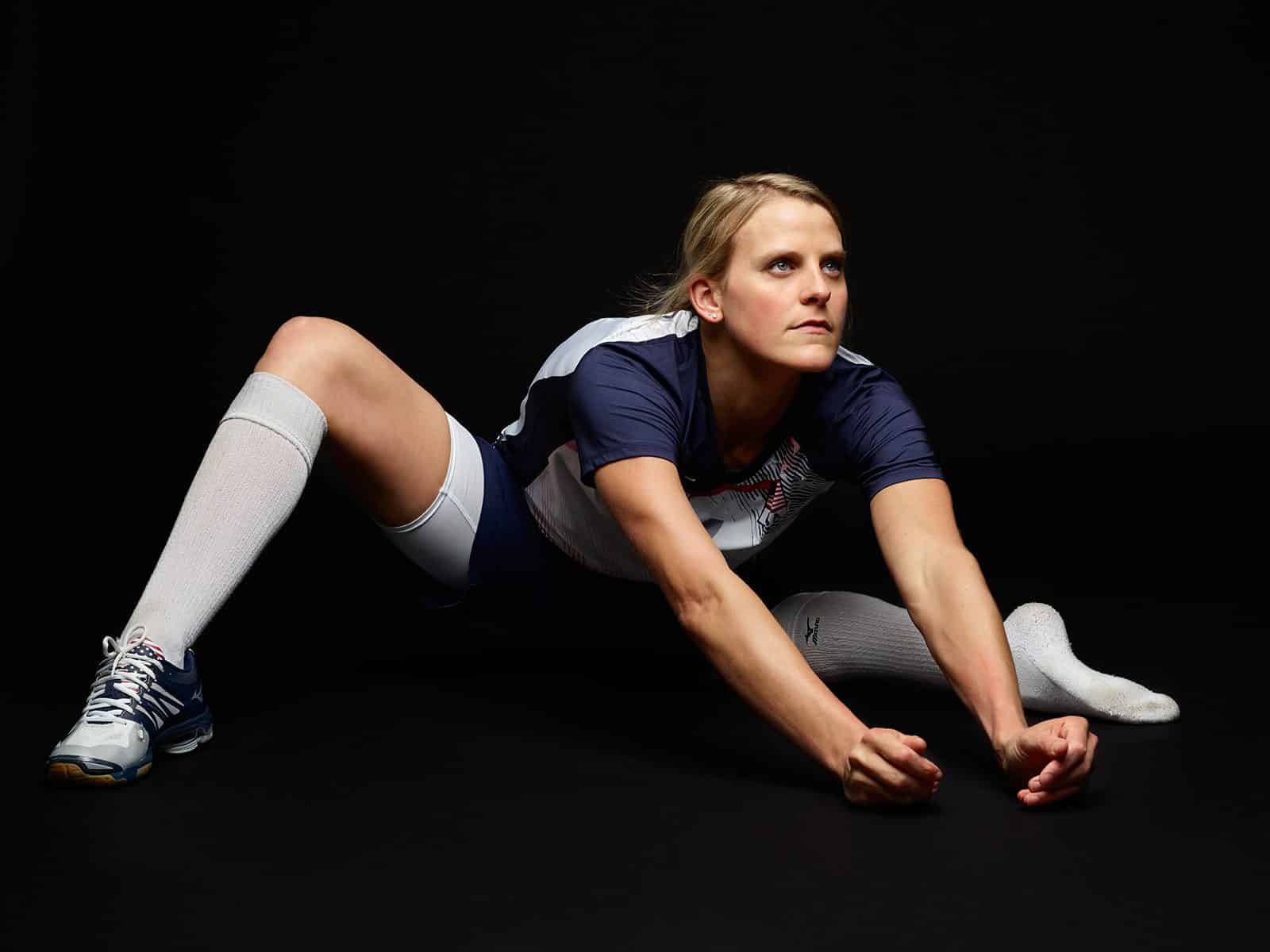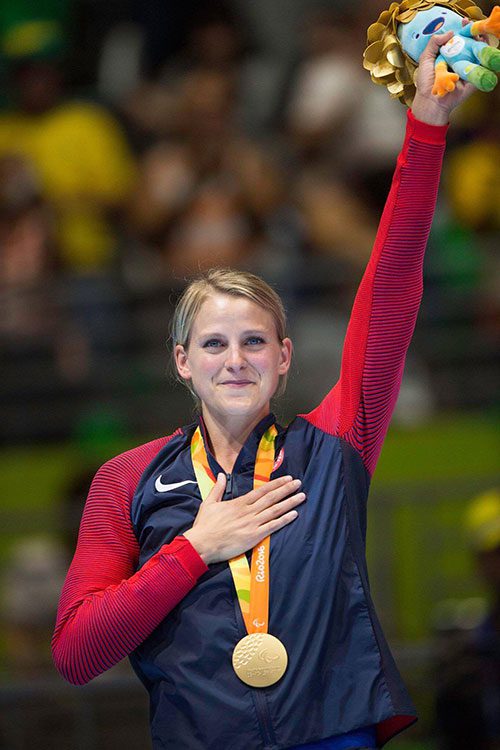“At the Paralympics, you get to witness the spirit of sport and the spirit of humanity.”
Lora Webster

Five-time Paralympian Lora Webster competed with the U.S. Sitting Volleyball team in Tokyo in September, winning the gold against China while five months pregnant with her fourth child. The victory was the culmination of a dream she never planned for but one that came true.
Lora, 35, never sought out the Paralympics. Instead, the Paralympics found her.
An all-around athlete since she was a kid, Lora played nearly every sport available at her local YMCA in Lincoln, Neb.: Basketball, gymnastics, soccer. But it wasn’t until she was diagnosed with osteosarcoma at age 11 that she considered playing volleyball.
“With my rotationplasty, volleyball was more realistic, and I could adapt to it a little easier,” says Lora, whose main goal during treatment was to get back to playing sports. “That’s all I wanted to do. I didn’t really care about losing my hair.”
Her doctor did everything he could to make sure she played sports again. He explained that a rotationplasty procedure — where the middle part of the leg is amputated and the lower section of the leg is rotated 180 degrees and reattached — would give her the most athletic lifestyle possible. And he lived up to that promise. As Lora entered high school, she was on the varsity diving team as a freshman, ran track for a year, and even played shot put and discus. And, of course, she played volleyball.
The Spirit of Sport & Humanity
Lora was competing at a tournament with her high school standing volleyball team when a representative from the U.S. Women’s Sitting National Team noticed her prosthetic leg and approached her parents after the game.
“They were looking for players who qualified for a Paralympic sitting volleyball team,” recalls Lora. “I never knew the adaptive sports world even existed.”
After some trepidation, she attended the Paralympic training center and was instantly hooked on the challenge of it and the possibilities that it held. Now, 17 years later, Lora is a five-time Paralympic champion and a gold medalist who travels the world for matches and competitions.
“What I love about the Paralympics is that every single athlete who is there has overcome some type of challenge,” says Lora, a middle blocker on the team. “It’s so much fun to get to know different people and to see what actually brought them there. You get to witness the spirit of sport and the spirit of humanity.”

Today, Lora lives with her husband — a dedicated volleyball player himself — and their children in New York. She continues to train and travel with the U.S. team on a regular basis. She also travels to schools, talking to kids in elementary school through high school, with the hope of normalizing prosthetics and amputations.
“I hope that at some point we can look at adaptive sports as just a sport,” she says. “Whether you’re able-bodied or not, you can enjoy these sports. That’s what I love about where the Paralympic movement has taken us — people are seeing us not just as Paralympic athletes, but just athletes.”
She still struggles with her leg and has hard days, but Lora focuses on all that her cancer gave her rather than what it’s taken away.
“There’s a gratitude that I have for what I’ve gone through,” says Lora, who met her husband through playing volleyball. “This sport has definitely changed my life in every aspect.”
To donate in honor of Lora and other osteosarcoma survivors, please click below.
